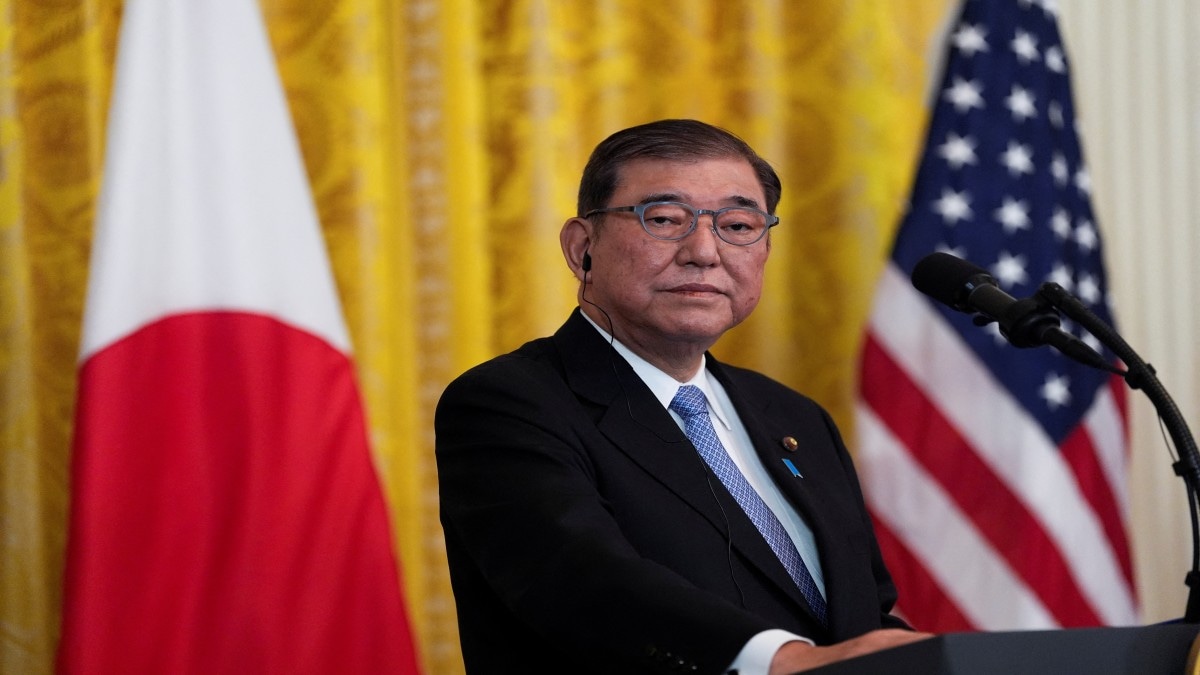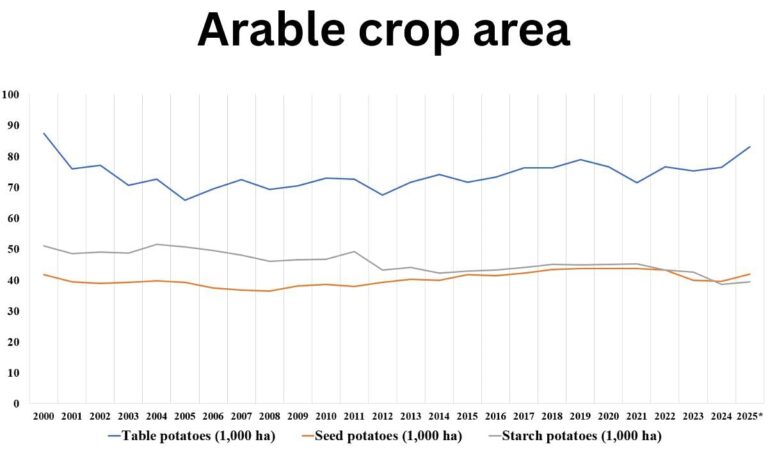Japanese Prime Minister Shigeru Ishiba is staring at widespread unpopularity as polls show he is less likely to pass the upcoming upper house elections, effectively ending his premiership after less than a year.
Ishiba, 68, has led the ruling Liberal Democratic Party (LDP), which has dominated Japanese politics for decades, but saw its worst general election last year.
Since the October debacle, Ishiba called the early elections after winning LDP leadership in September, his coalition has been in a minority.
This has obliged the prime minister to rely on opposition parties to pass legislation, and losing the upper house majority would put him in a bind there, too.
What have polls shown?
The recent surveys indicate that the LDP and the smaller Komeito party’s coalition could lose popular support and the upper house majority in the Sunday elections, where 125 out of 248 seats are up for grabs.
The poll, conducted by Kyodo News, says that Ishiba’s ruling bloc is “on course” to lose the majority, which would likely “trigger calls for Prime Minister Shigeru Ishiba’s resignation.”
Voters have expressed discontent over rising inflation, particularly the increase in rice prices. They have also not reacted favourably to LDP’s internal scandals.
The influential Nikkei business daily also said the ruling bloc was projected to “lose significantly” and its prospects to keep the majority were in doubt.
Small, opposition parties with anti-establishment messages are seen as peeling support away from the LDP.
Why don’t people like the ruling bloc?
Last week, a poll by public broadcaster NHK showed Ishiba and his Cabinet’s popularity dipping. Support for Ishiba’s cabinet stood at 31 per cent, down from 34 per cent a week ago and 39 per cent in early June.
To help the public cope with rising prices, Ishiba is proposing one-off cash handouts, while most opposition parties have pledged in their campaign platforms to cut or abolish the sales tax.
The NHK survey showed 52 per cent of those polled prefer sales tax cuts or abolition of cash handouts, while 17 per cent said they prefer cash handouts.
With inputs from agencies








